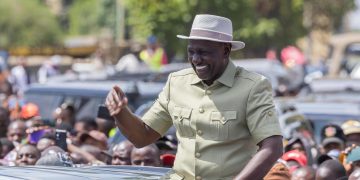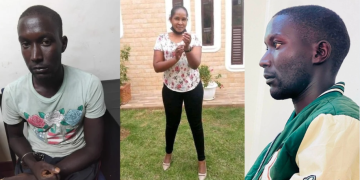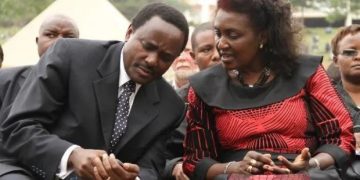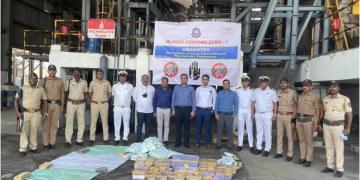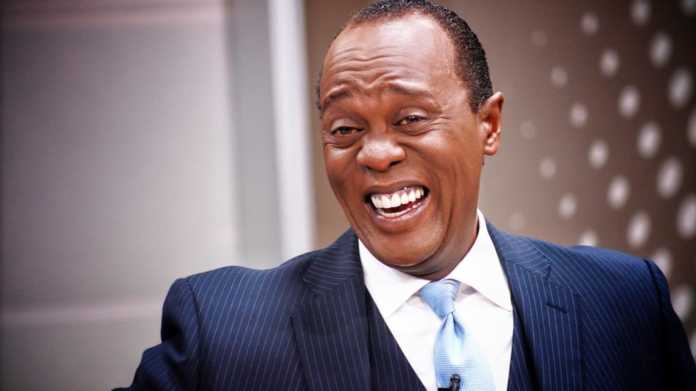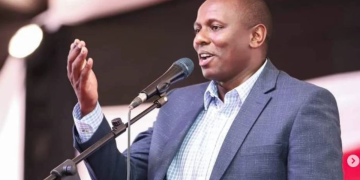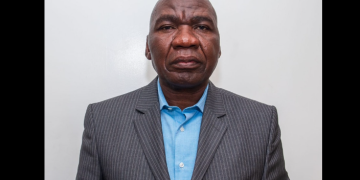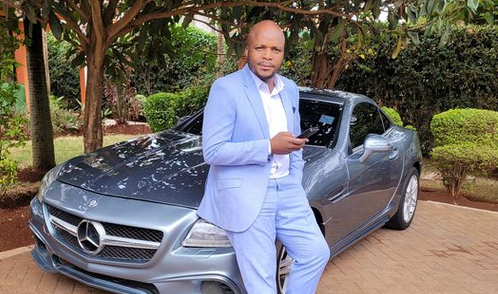Yesterday, Deputy President William Ruto claimed that at least one million votes from his strongholds were removed from the Independent Electoral and Boundaries Commission (IEBC) voter record. Chief Justice Martha Karambu Koome has weighed in.
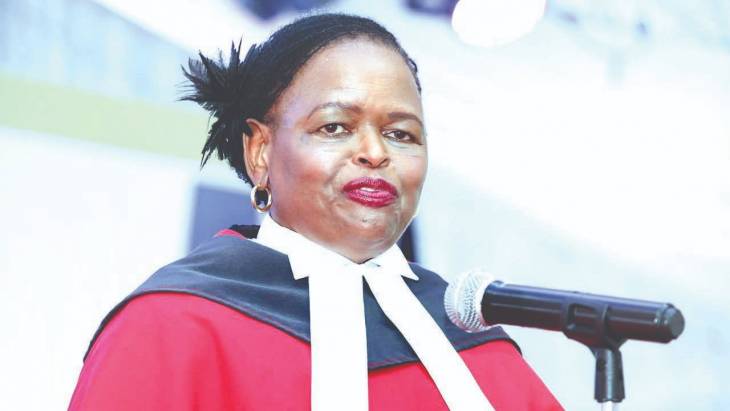
On Friday, June 3, Koome said that all processes leading up to election day, such as voter registration, voter transfer, verification, certification, and publication of the voter register, should be carried out in a way that promotes and ensures the complete and accurate registration of eligible voters.
The Chief Justice also urged the IEBC to address all issues that have arisen as a result of the ongoing process by involving all stakeholders ahead of the August 9 elections.
“It is such a proactive approach to addressing concerns that might be raised by voters and stakeholders that ensures that the IEBC and all Kenyans become agents and champions of electoral integrity and also engenders the confidence of Kenyans in the credibility of the electoral process,” Koome stated.
Her remarks follow Ruto’s accusation that one million voters were removed from the voter rolls, stating that they were all from his strongholds.
It was part of a bigger scheme to rig him out of the presidential race, according to the second in command.
“We expect that everybody who is concerned including the EU to try and get as much detail as possible both from the electoral commission and these public officials on what all this is all about and how did close to a million names disappear from the register. And many of those names are from what we consider our stronghold. It is a clear attempt to try some monkey games,” Ruto told European Union Envoys during a breakfast meeting on Thursday, June 2, at his Karen office.
Ruto’s assertions were refuted by IEBC chairperson Wafula Wanyonyi Chebukati, who noted that the process is still ongoing and that the voter register will be made public in accordance with IEBC regulations.
CJ Koome also addressed the issues that led to the annulment of the 2017 General Election, expressing confidence that the electoral commission will close all loopholes to prevent a repeat.
“Our expectation is that the IEBC is consciously working to ensure its processes meet the demands of the principles of our electoral system,” she stated.
“It is also our expectation that lessons from the past judicial decisions are being considered by the IEBC as it prepares to conduct elections.”
On the Judiciary’s preparedness to address issues of electoral related disputes, Koome revealed that she has already gazetted 120 special Judges who will handle all disputes.
She further noted that 3,000 police officers from the Judiciary Police Unit have been deployed to different parts of the country.
The CJ noted that the Judiciary had undertaken training for all judicial officers involved in hearing poll disputes as well as ensuring adequate security for the officers.

